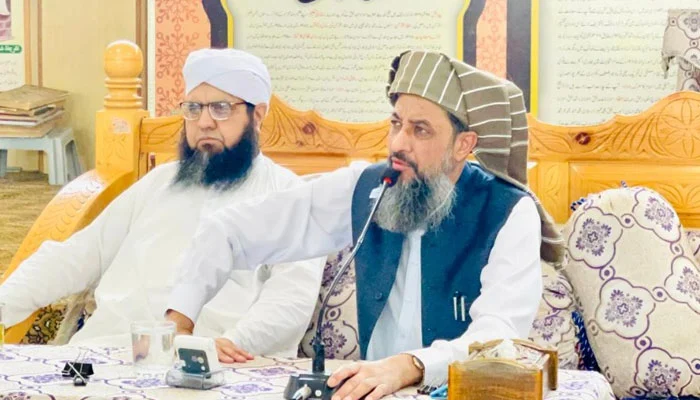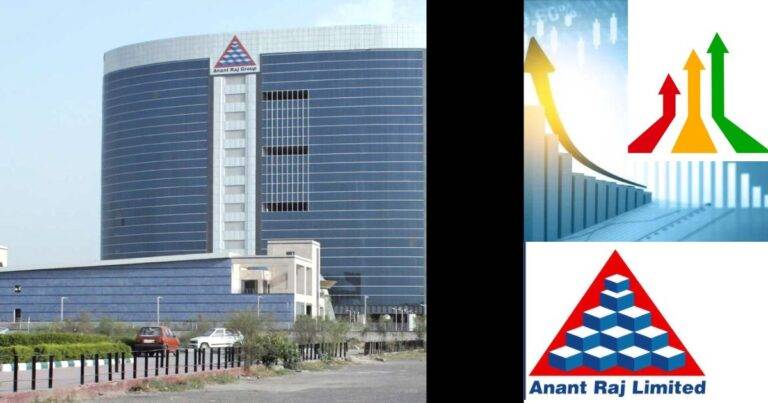Was Maulana Hamid-ul-Haq Haqqani Targeted for Opposing the Ban on Women’s Education?
The shocking assassination of Maulana Hamid-ul-Haq Haqqani in a suicide blast at Darul Uloom Haqqania, Nowshera, has left many questioning the motive behind the attack. As investigations unfold, speculation is rising over whether his strong stance on women’s education made him a target for extremist elements.
Click Here To Follow Our WhatsApp Channel
A Voice for Women’s Education in a Conservative Society
Maulana Haqqani, a well-respected Deobandi scholar and leader of Jamiat Ulema-e-Islam (Sami), was known for his moderate views. Unlike many hardline clerics, he openly supported women’s education, declaring that Islam does not prohibit it. His statements challenged extremist narratives that seek to suppress female education in Pakistan.
Security sources have revealed that Maulana Haqqani had received threats for his views. He had reportedly stated that denying women the right to education was against Islamic teachings, a stance that angered radical elements. The attack on him has raised concerns about whether his advocacy for education led to his assassination.
Details of the Attack
The suicide blast took place moments after Friday prayers at Darul Uloom Haqqania’s mosque. Witnesses reported that the explosion occurred near the exit, just as Maulana Haqqani was leaving. The attack killed six people and injured 12 others, sending shockwaves across the region.
Police and security agencies quickly launched an investigation, with initial reports suggesting that the bomber specifically targeted Maulana Haqqani. His home, located just a few feet away from the mosque, was his intended destination when the explosion occurred.
Who Was Behind the Attack?
While no group has officially claimed responsibility, security experts believe that the attack bears the hallmark of extremist factions opposed to educational reforms. The involvement of radical elements who view female education as a threat cannot be ruled out.
Historically, clerics who have promoted progressive Islamic teachings have been targeted in Pakistan. The pattern suggests that anyone challenging extremist ideologies, especially on issues like women’s rights, faces significant danger.
Political and Religious Reactions
Leaders from various political and religious groups have strongly condemned the attack. Khyber Pakhtunkhwa Chief Minister Ali Amin Gandapur called it a “cowardly act” and assured that authorities would bring the perpetrators to justice.
Jamiat Ulema-e-Islam-Fazl (JUI-F) also expressed deep sorrow, urging its members to assist in relief efforts. The party’s spokesperson, Aslam Ghauri, called for a thorough investigation, stating that religious figures must be protected from such targeted attacks.
The Bigger Picture
Maulana Haqqani’s assassination highlights the growing dangers faced by religious scholars who promote moderate and progressive views. His call for female education challenged extremists who seek to impose their rigid interpretations of Islam. If his stance on this issue was the reason behind his murder, it signals a dangerous trend of silencing voices that advocate for educational and social reforms.
Conclusion: A Tragic Loss for Moderate Islam
Maulana Hamid-ul-Haq Haqqani’s death is a significant loss for those advocating for a balanced and enlightened interpretation of Islam. His fearless stand on women’s education may have made him a target, but his legacy as a voice for knowledge and progress will not be forgotten.
As Pakistan mourns his death, one question remains—will his vision of a more educated society prevail, or will fear and violence continue to suppress those who speak out for change?
You Might Also Like:
LG Manoj Sinha Felicitates Recipients of Maharaja Hari Singh Dogra Samman Award 2025
Snow Avalanche Hits Gurez Valley in J&K, One House Damaged, No Casualties Reported
Sectarian Debate Between Barelvi and Deobandi Clerics in Kashmir Sparks Concern






